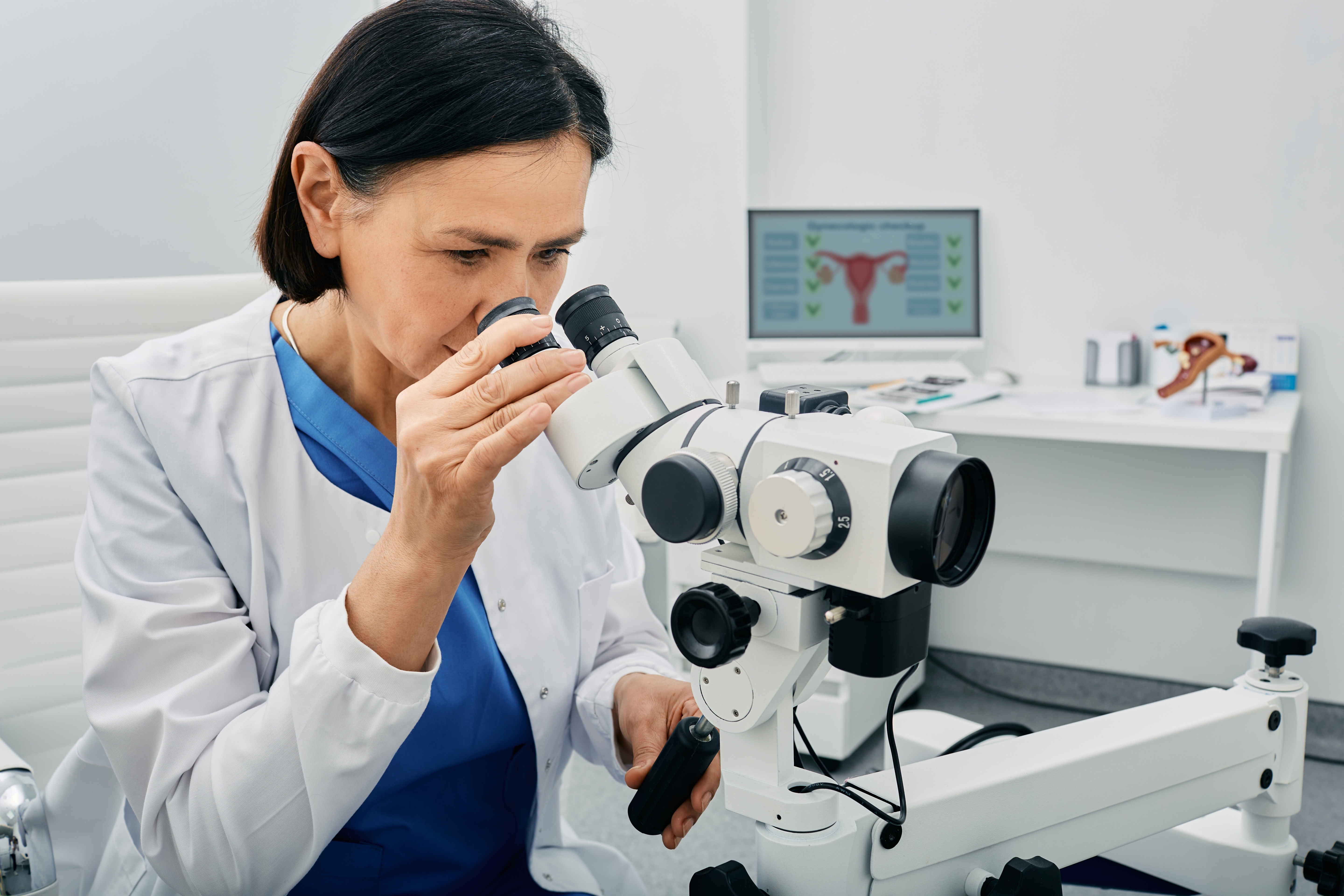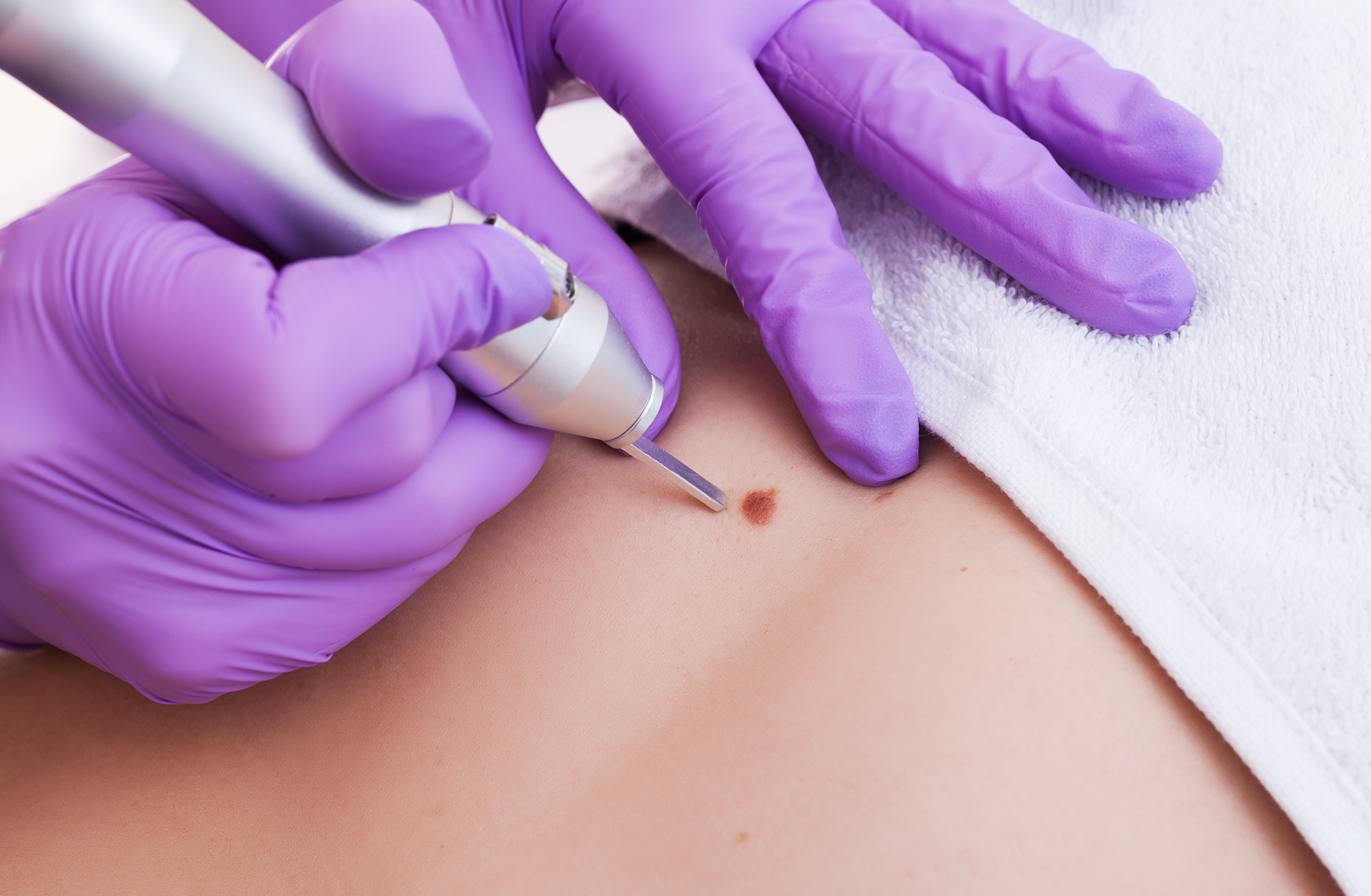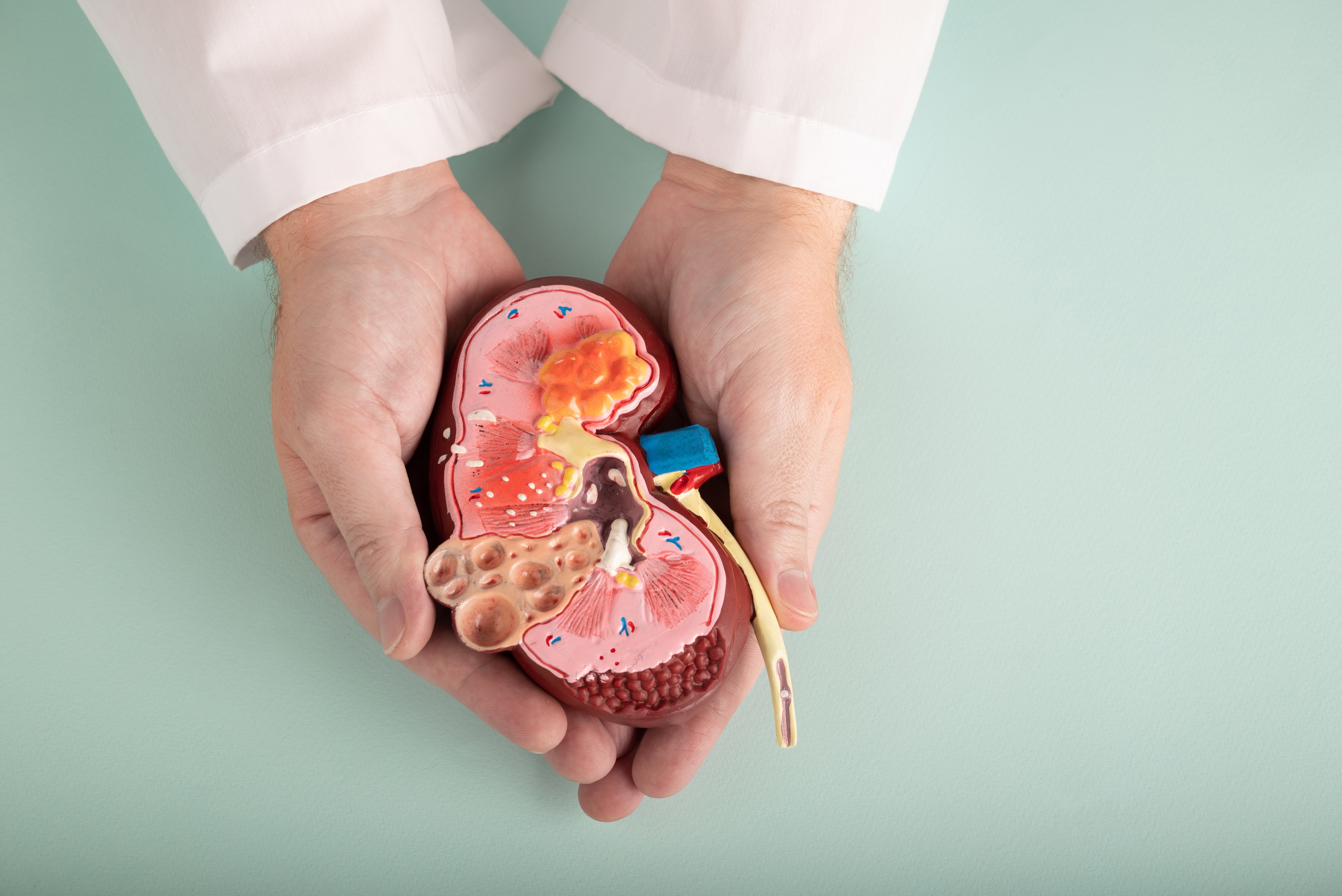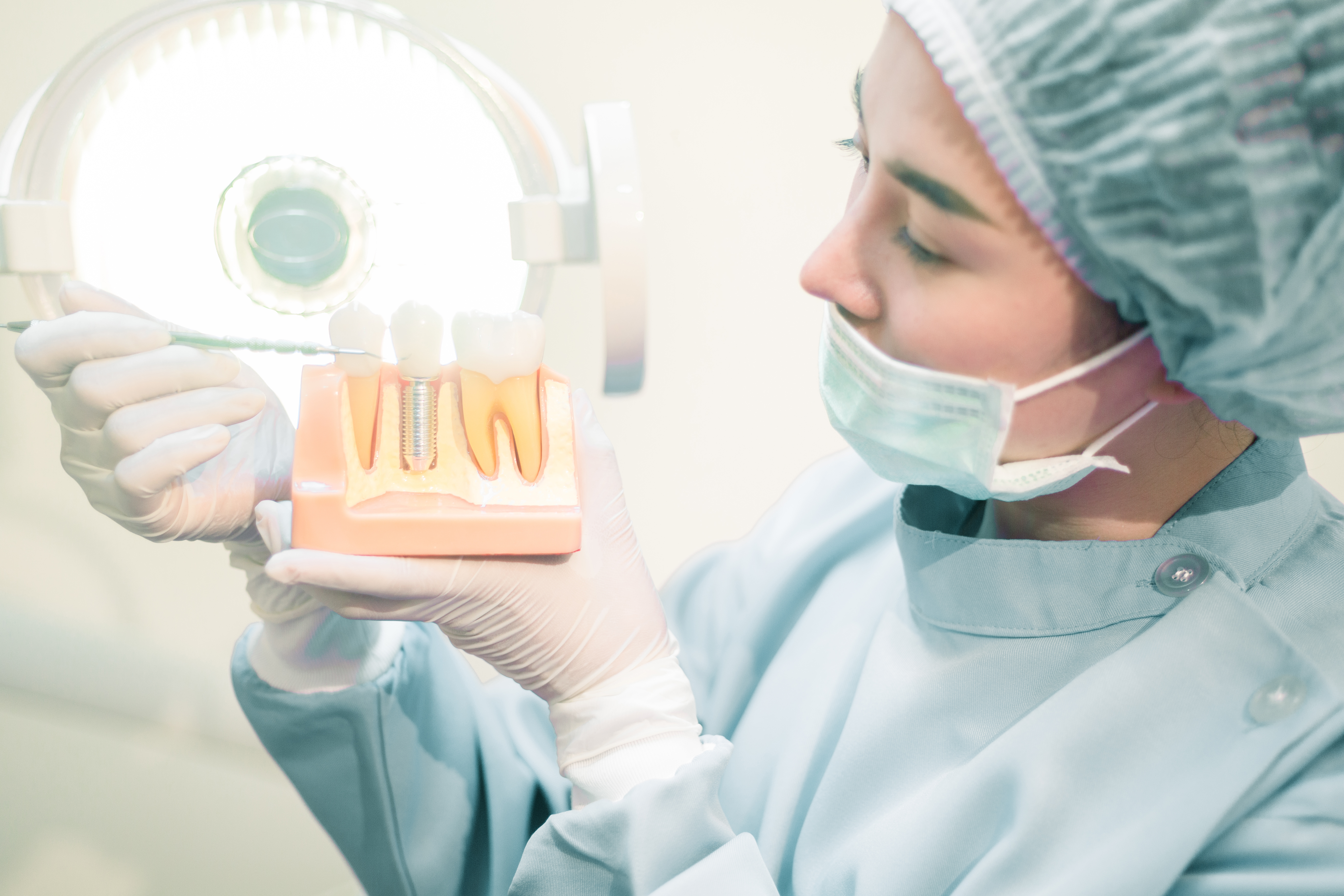
Colposcopy: Procedure, Risks, Aftercare, and Cost
Colposcopy is a technique that looks thoroughly for signs of disease in your cervix. For many women, the idea of undergoing a colposcopy procedure can evoke feelings of uncertainty or apprehension.
In this article, we delve into the details of colposcopy, shedding light on what to expect before, during, and after the procedure. By demystifying the colposcopy experience, our aim is to provide reassurance and support to patients considering or scheduled for this important diagnostic examination.
What is Colposcopy?
A colposcopy is a medical procedure used to examine the cervix more closely. Colposcopy is typically used to screen for cervical cancer.
The doctor will assess the condition inside the cervix and vagina using a device known as a colposcope.
What’s The Purpose of Colposcopy?
Colposcopy aims to take a closer look for the changes or abnormalities in cervical cells. Also, if there are other symptoms that indicate reproductive health problems in that area. For example, genital warts, inflammation of the cervix, and the condition of abnormal cells in the tissues of the cervix, vagina and vulva.
What Happens Before Colposcopy?
Before undergoing a colposcopy, several important steps are typically taken to ensure the procedure goes smoothly.
Firstly, for 24-48 hours before the colposcopy, avoid inserting anything into the vagina. This includes tampons, douching, and vaginal medications. Use of vaginal medications should be avoided for two days before your colposcopy.
Your doctor may advise you to take an over-the-counter pain reliever, such as ibuprofen or acetaminophen, about 30-60 minutes before the procedure to minimize discomfort.
Colposcopy Procedure
Like a pelvic exam or Pap test, you will lie on your back on a table with your feet in support.
A speculum made of plastic or metal is inserted into your vagina. The speculum allows your doctor to see your cervix by holding the walls of your vagina open.
A colposcope, a specialized magnification device, is positioned a few inches away from your vulva. Using the colposcope as a pair of binoculars, your doctor will insert a bright light into your vagina.
To remove any mucous, cotton swabs are used on your vagina and cervix. You could apply a vinegar solution or any other kind of solution to the region. This could give you a tingling or burning feeling. The solution aids in highlighting any unclear cell regions.
How Long Does the Colposcopy?
Colposcopy is typically performed in the office of a medical specialist. Usually, the process takes 10-20 minutes. After that, you can go home afterwards.
What Are the Risks of Colposcopy?
Colposcopy is generally a safe procedure with a low risk of complications. However, like any medical procedure, it does carry some potential risks and side effects. For example, bleeding, pain, or discomfort.
What Can You Expect After Colposcopy?
After colposcopy, you can go home afterwards. For a few days following a colposcopy, you can experience some slight pain, like period pain. Using a pain reliever, such paracetamol, can be beneficial.
It's also possible that you have some vaginal discharge and bleeding. If all that was done was a colposcopy, the discharge and bleeding might stop in a few days.
How Much Colposcopy in Indonesia?
The estimated average for colposcopy in Indonesia costs from IDR 500.000 to IDR 800.000.
At Bali International Hospital, The Sanur, we think that the best way to treat your body, mind, and soul is through wellness. As a result, our hospital, one of the centers of excellence, is dedicated to putting your health first by providing thorough evaluations and treatments.
Located in the center of Bali, we offer state-of-the-art medical equipment, unmatched experience, and treatment of a wide range of reproductive issues, including early detection, diagnosis, and preventive care.
Learn about this medical procedure in detail and make an appointment for a consultation so you can arrange for high-quality care that meets your needs.
References:
Colposcopy - Mayo Clinic. (2024). Mayoclinic.org; https://www.mayoclinic.org/tests-procedures/colposcopy/about/pac-20385036
NHS Choices. (2024). What happens on the day - Colposcopy. https://www.nhs.uk/conditions/colposcopy/what-happens/
Colposcopy. (2019, November 19). Hopkinsmedicine.org. https://www.hopkinsmedicine.org/health/treatment-tests-and-therapies/colposcopy
Related Articles

Mole surgery is a safe procedure with a relatively high success rate. What preparations are needed ...

Kidney stones (nephrolithiasis) are hard objects formed from chemicals in the kidneys. Once formed, the stone ...

Dental implants can be an excellent solution for replacing damaged or lost adult teeth. Before deciding ...

